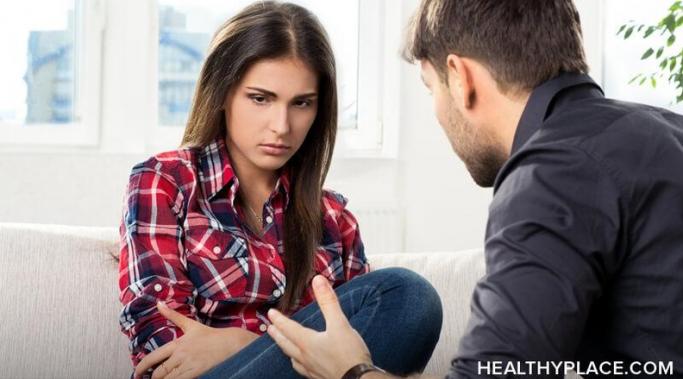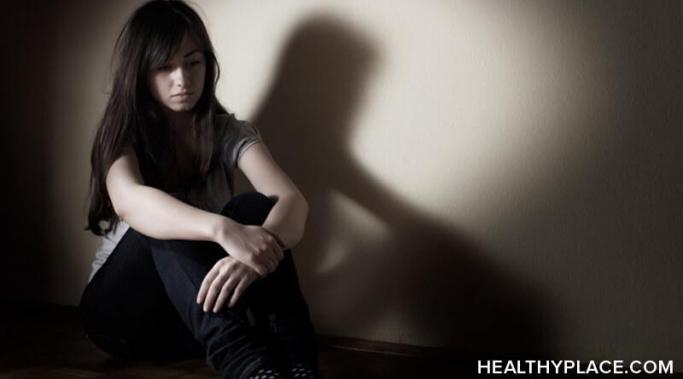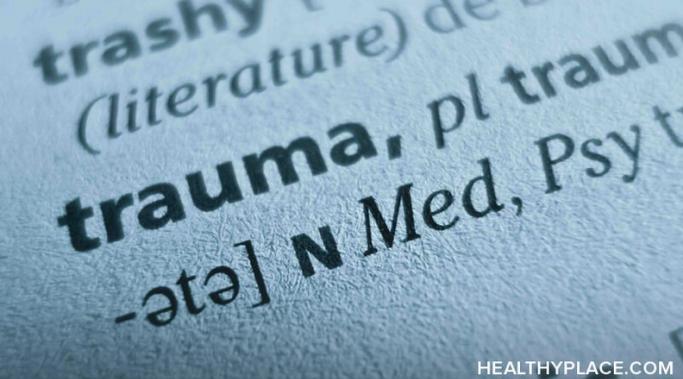Blogs
One of the symptoms of depression is the tendency to isolate oneself from others. Naturally, this need to be alone enters one's professional life too. This translates to avoiding interaction with coworkers, clients, etc. Instead of beating yourself up for being anti-social or weird, read on for what to do when you don't want to talk to anyone at work.
Facing verbal abuse can be traumatic and exhausting, especially if it is ongoing. However, if you are the victim of verbal abuse, staying strong and being resilient can give you the power you need to move through a difficult situation and towards a healing path.
Quite likely, you are well aware that self-care is vital for mental health, physical health, overall wellbeing, and quality of life. If you live with anxiety, though, it's also quite likely that practicing self-care in any way feels not just difficult but almost wrong somehow. Anxiety loudly tells us that self-care may be fine in theory or is good for other people but that it isn't something you can do, should do, or even deserve to do. Anxiety is wrong. Read on to discover the effects of anxiety that get in the way of self-care and to pick up some tips for self-care despite anxiety.
Most of us experience "gut" feelings. Some might say, "I have a feeling this decision is right," or "I sense something is wrong," even though there is not much indication of it. These gut feelings, also known as intuition, urge you to make a choice. When you follow your intuition, you feel connected to your inner self.
Sometimes, you can't get to a doctor's appointment because you're just too sick. You might have too much anxiety to leave the house. You might be too depressed to get out of bed. You might be incapacitated by mental illness to the point where you can't get to a doctor's appointment when you need it the absolute most. This is a real barrier to mental health care that some people face. Read on for tips on what to do next.
In this post, I want to discuss something that is assuredly a topic of contention for some: what role should someone with anxiety, or any other mental illness, have in educating others about the subject?
This letter is to you, the person who wants to quit eating disorder recovery.
Confession time: I feel like a burden because of my mental illnesses. It's perhaps ironic I've previously written about how mental health stigma makes talking about mental illness feel like a confession, and, now, here I am—confessing. I've never said the words aloud, but feeling like a burden is pretty regular for me, and I don't think people would expect it. So, yes, this feels like a confession. And I'm also questioning if this is self-stigma or reality.
Is there an easy way to say goodbye? There isn't if you've really enjoyed your journey thus far. However, sometimes we reach a crossroads where changes are necessary to carry on, and I've realized I've just reached mine. This is my last post for "Speaking Out About Self-Injury," though it certainly won't be the last time I talk about self-harm.
I can now say that I have experienced family trauma, although, for years, I was reluctant to use the word "trauma" in relation to anything about my own life or experiences. To me, that felt like a serious word that I didn't have the right to use unless I had fled a warzone or survived a natural disaster.









